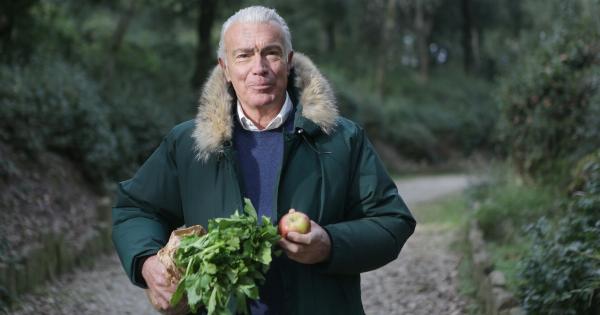The outbreak of the coronavirus has brought heightened levels of awareness and concern about the safety and health of our communities.
While most people are practicing good hygiene habits such as washing their hands and practicing social distancing, another area that needs attention is the produce we consume. Fruits and vegetables are crucial for our well-being, but the risk of contamination is also high. In this article, we will highlight some of the necessary measures that can be taken to keep our produce safe from the coronavirus.
Wash Your Hands
The most effective way to prevent the spread of the coronavirus is to practice good personal hygiene. Always wash your hands with soap and water for at least 20 seconds before handling produce. This will protect you and your family from getting infected.
Regular handwashing should be done before and after handling fruits and vegetables.
Wash Your Produce
Another way to reduce the risk of contamination is to wash your fruits and vegetables thoroughly before consuming them. Use clean running water, and gently rub the produce with your hand, removing any visible dirt or other residues.
If the produce has a hard surface like carrots, you can use a brush to clean them. Do not use soap, bleach, or any other chemicals as it may lead to health complications.
Store your Produce Properly
Storing your produce properly is another important step to keep it safe. It is best that you store them in the fridge or freezer immediately after purchase. Ideally, you should keep them in a separate container or bag to prevent cross-contamination.
Avoid storing them with meats or poultry, which can easily contaminate the produce.
Avoid Cross-Contamination
It is essential to prevent cross-contamination between different types of produce to avoid spreading the virus. This means not mixing different kinds of fruits and vegetables, such as using the same cutting board or knife without cleaning thoroughly.
To avoid this, use separate cutting boards and utensils. You can label each cutting board with the type of produce it will be used for such as fruits on one board, and vegetables on another.
Buy Carefully
When purchasing fruits and vegetables, make sure that they are not bruised, damaged, or have any visible signs of spoilage. Look for produce that is fresh and in good condition.
Avoid touching too many items when picking out produce, and always try to maintain a safe distance from other shoppers and the workers in the store.
Cook your Produce
Cooking your produce is another way to keep it safe. The coronavirus is susceptible to heat, and cooking can destroy it. Make sure that you cook your vegetables thoroughly at the right temperature.
However, be careful not to overcook them, as it can lead to the loss of essential nutrients.
Maintain Social Distancing
Maintaining social distancing is one of the essential measures to prevent the transmission of the coronavirus. While shopping for produce, ensure that you keep a safe distance of about six feet between yourself and other people.
Use online shopping or delivery services whenever possible.
Avoid Large Gatherings
Avoiding large gatherings is a crucial measure to prevent transmission of the virus. This means minimizing trips to the grocery store and opting for online shopping or delivery services.
You can also consider growing your produce at home, as it reduces the risk of contamination.
Dispose of Waste Properly
Finally, dispose of any waste material, including fruit and vegetable peelings, in a sealed bag and dispose of it properly. This will reduce the risk of contamination and the spread of the virus.
Conclusion
With the outbreak of the coronavirus, it is importance that we adopt good hygiene habits and implement necessary measures to keep our produce safe.
By practicing good personal hygiene, washing and storing produce properly, avoiding cross-contamination, cooking produce, and maintaining social distancing, we can minimize the risk of contamination and spread of the virus. Remember that prevention is better than cure.































